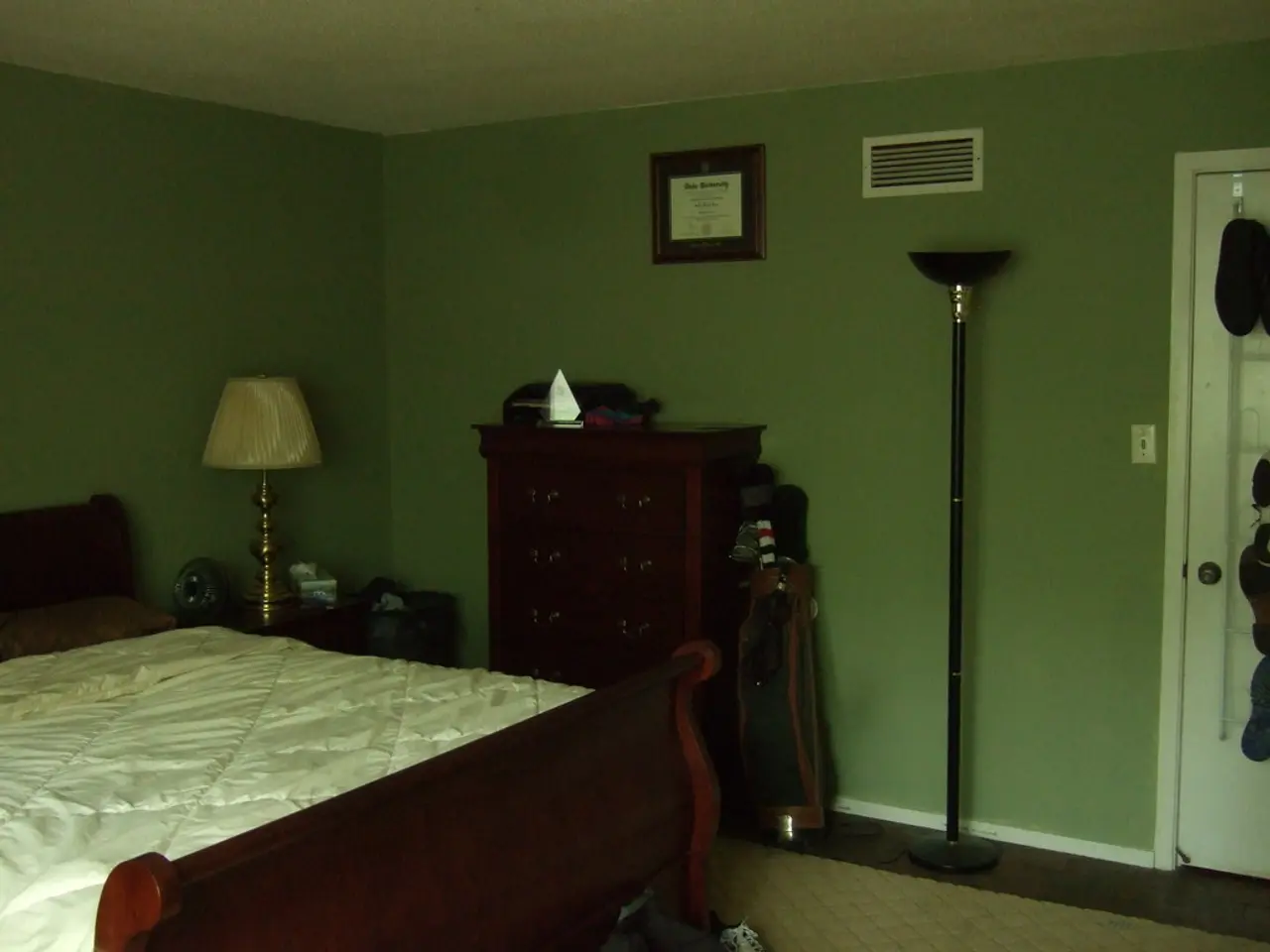Verifying a Home Purchase Equipped with Solar Panels: Essential Additional Verifications to Consider
Buying a House with Solar Panels: Key Factors to Consider
When considering a house with solar panels, there are several crucial factors to take into account to ensure that the solar system will offer the expected benefits without adding complications during purchase or ownership.
Ownership Status
One of the primary considerations is the ownership status of the solar panels. Owned solar panels generally provide better financial benefits through electricity savings and increased property value. Leased panels can complicate the purchase because you might inherit lease payments, and not all lenders approve mortgages on homes with leased solar systems. Leased panels also sometimes come with rising lease costs that might not be offset by energy savings.
Roof Suitability
Another essential factor is the roof's suitability for solar efficiency. Check if the roof is well-oriented (south-facing in the Northern Hemisphere or suitable direction depending on your region), structurally sound, and free of shading by trees or obstructions. Roof slope, shading, and durability impact solar panel efficiency and longevity.
System Capacity and Technology
Assess the type and efficiency of the panels (e.g., monocrystalline vs. polycrystalline), the age of the installation, and whether the system includes battery storage for energy use during outages or at night. A more efficient and newer system can produce more savings.
Warranties and Maintenance
Confirm warranty coverage on panels and inverters, maintenance responsibilities, and whether insurance covers the system. Maintenance is usually low but varies depending on ownership and agreements.
Financial and Legal Considerations
Review solar system documentation, including installation date, utility savings history, and lease or ownership agreements. Check if your mortgage lender allows solar panel financing or leases on the property. Also, consider how existing solar agreements might affect insurance and whether you expect the solar system to add to your home's resale value.
Long-term Upgradability
Ask if the current system can be upgraded or expanded in the future to meet changing energy needs.
Additional Considerations
When buying a house with solar panels, it's important to check for building regulations approval and planning permission if the installation did not fall under permitted development. It's also crucial to research whether some buyers might be put off by the appearance of solar panels, which can affect the pool of potential buyers.
Maintaining and Upgrading the System
Solar panels typically last for at least 20 years, but inverters tend to last between 10 and 15 years. Adding a solar battery to an existing system costs around £2,500. Assess energy savings and maintenance costs when considering a house with solar panels, as older panels may not be as efficient and may require cleaning and servicing.
Expert Insights
Thomas Goodman, a construction expert at MyJobQuote, and Griff Thomas, the MD for renewables training provider GTEC, emphasise the importance of thoroughly investigating the solar system's ownership model, condition, efficiency, and legal/financial implications to ensure the solar panels will offer you the expected benefits without added complications during purchase or ownership.
Check Documentation
It's important to check documentation for the solar panels, including the Feed-in Tariffs and Smart Export Guarantee, MCS certificate, electrical safety certificate, warranty and/or guarantee, and maintenance logs. Solar thermal is not a compelling product anymore, and solar PV might require decommissioning.
Viewing the Property
When viewing a house with solar panels, visually inspect for dirt, debris, and damage, check wiring connections, and look for shading. These steps will help you make an informed decision about the solar panels' condition and potential savings.
Buying a House with Solar Panels: Saving Energy Bills and Installation Costs
By keeping these factors in mind, buying a house with solar panels can save energy bills and installation costs, making it an attractive investment for many homebuyers.
- To ensure financial benefits, make sure the solar panels are owned, as leased panels might involve inheritance of lease payments or rising costs not offset by energy savings.
- The roof's suitability for solar efficiency is vital, considering factors such as orientation, structure, and absence of shading.
- Assess the type and efficiency of the solar panels, age of installation, and whether battery storage is included for energy use during outages or at night.
- Verify warranty coverage on panels and inverters, maintenance responsibilities, and insurance coverage for the system.
- Review solar system documentation, including installation date, utility savings history, and lease or ownership agreements, and check compatibility with your mortgage lender's financing policies.
- Enquire about the system's long-term upgradability to accommodate changing energy needs.
- Investigate building regulations approval and planning permission for any solar panel installation that didn't fall under permitted development.
- Research potential buyers' preferences towards solar panels, as some might be deterred, thereby affecting the pool of potential buyers.
- During property viewings, visually inspect for dirt, debris, and damage, check wiring connections, and look for shading to assess the condition of the solar panels and potential savings.




